Description
A sweeping selection of Donald Judd’s iconic and ambitious works alongside a diverse collection of newly commissioned writings.
“One of the most significant American artists of the postwar period, Donald Judd rigorously experimented with color, form, material, and space. The works in this catalogue range from the artist’s expansive installations to self-contained single units, yielding valuable new insights into his process and approach. The survey includes one of the artist’s largest and most intricate installations of sixty-three wall-mounted plywood boxes, conceived in 1986. Other works include variations on some of Judd’s most recognizable forms, executed in materials such as Cor-ten steel, plexiglass, copper, plywood, brushed aluminum, and enameled aluminum. Brilliant and exacting reproductions bring these works to life on the page. Following the artist’s major retrospective at The Museum of Modern Art, New York, in 2020, this book serves as a companion volume.
With contributions from a wide range of voices-art historians, critics, writers, and performers- this publication includes rich new writings on Judd’s oeuvre, art criticism, and enduring influence. Artworks: 1970-1994 is published on the occasion of the eponymous 2020 exhibition at David Zwirner, New York.”
With the intention of creating straightforward work that could assume a direct material and physical "presence" without recourse to grand philosophical statements, Donald Judd (1928-1994) eschewed the classical ideals of representational sculpture to create a rigorous visual vocabulary that sought clear and definite objects as its primary mode of articulation. Judd began his practice as a painter in the late 1940s; however, he soon introduced three-dimensional elements into the surface of his work. His first sculptural objects took the form of shallow reliefs, and by 1963 he had begun to create freestanding works that were presented directly on the floor and the wall. Throughout his practice, Judd used materials such as plywood, steel, concrete, aluminum, and colored acrylic sheets and employed commercial fabricators in order to get the surfaces and angles he desired.
Flavin Judd is Artistic Director of Judd Foundation and the son of Donald Judd. He curates art installations and oversees aesthetics for Judd Foundation. He has designed spaces in the United States and France, and has written for exhibition catalogues and other publications. He is co-designer and co-editor of the recent publications Donald Judd Writings (2016), Donald Judd Interviews (2019), and Donald Judd Spaces (2020).
Johanna Fateman is a writer, art critic, and owner of Seagull salon in New York. She is a regular contributor to the New Yorker and 4Columns, and she is a contributing editor for Artforum.
Lucy Ives is a novelist and critic. She recently edited The Saddest Thing Is That I Have Had to Use Words: A Madeline Gins Reader (2020), the first definitive anthology of Gins's poetry and experimental prose. A collection of Ives's short stories, Cosmogony, is forthcoming in early 2021.
Branden W. Joseph is the Frank Gallipoli Professor of Modern and Contemporary Art at Columbia University and a founding editor of the journal Grey Room. He is the author of five books, including Random Order: Robert Rauschenberg and the Neo-Avant-Garde (2003); Beyond the Dream Syndicate: Tony Conrad and the Arts after Cage (2008); and Experimentations: John Cage in Music, Art, and Architecture (2016). He has written on a variety of figures within the fields of art, music, and cinema, including Robert Morris, Andy Warhol, Lee Lozano, Jutta Koether, Mike Kelley, Hilma af Klint, and Angela Bulloch. In 2019 he was the recipient of both a Guggenheim Fellowship and a Paul Mellon Visiting Senior Fellowship from the Center for Advanced Study in the Visual Arts at the National Gallery of Art.
Thessaly La Force is a writer and Features Director of T: The New York Times Style Magazine. She lives in New York City.
Anna Lovatt is Assistant Professor of Art History at Southern Methodist University in Dallas. Her research focuses on the relationship between systems and subjectivity in art of the 1960s onwards, particularly in the context of Minimal, post-Minimal and Conceptual art. She is the author of Drawing Degree Zero: The Line from Minimal to Conceptual Art (2019).
Lauren Oyler's essays and criticism appear regularly in the New Yorker, the New York Times Magazine, the New York Times Book Review, the London Review of Books, Harper's, and Bookforum, among others. She is the author of the novel Fake Accounts (2021).
Michael Stone-Richards is Professor of Critical Practice and Visual Studies at the College for Creative Studies in Detroit. He is the author of Logics of Separation (2011) and numerous studies in English and French on modern art as well as on the poetry of Theresa Hak Kyung Cha, Prynne, Celan, and the Negro Spirituals. His current research bears on questions of pedagogy and transmission in the art and design, blackness and biopolitics, and the language of moral perfectionism in the work of Guy Debord and John Berger. He received a Warhol Foundation Grant for his current book project work on Care of the City.
Mimi Thompson is a writer living in New York City. She has written for galleries, museums and various publications about different artists including Al Taylor, Jane Wilson, Keith Haring and Robert Rauschenberg.
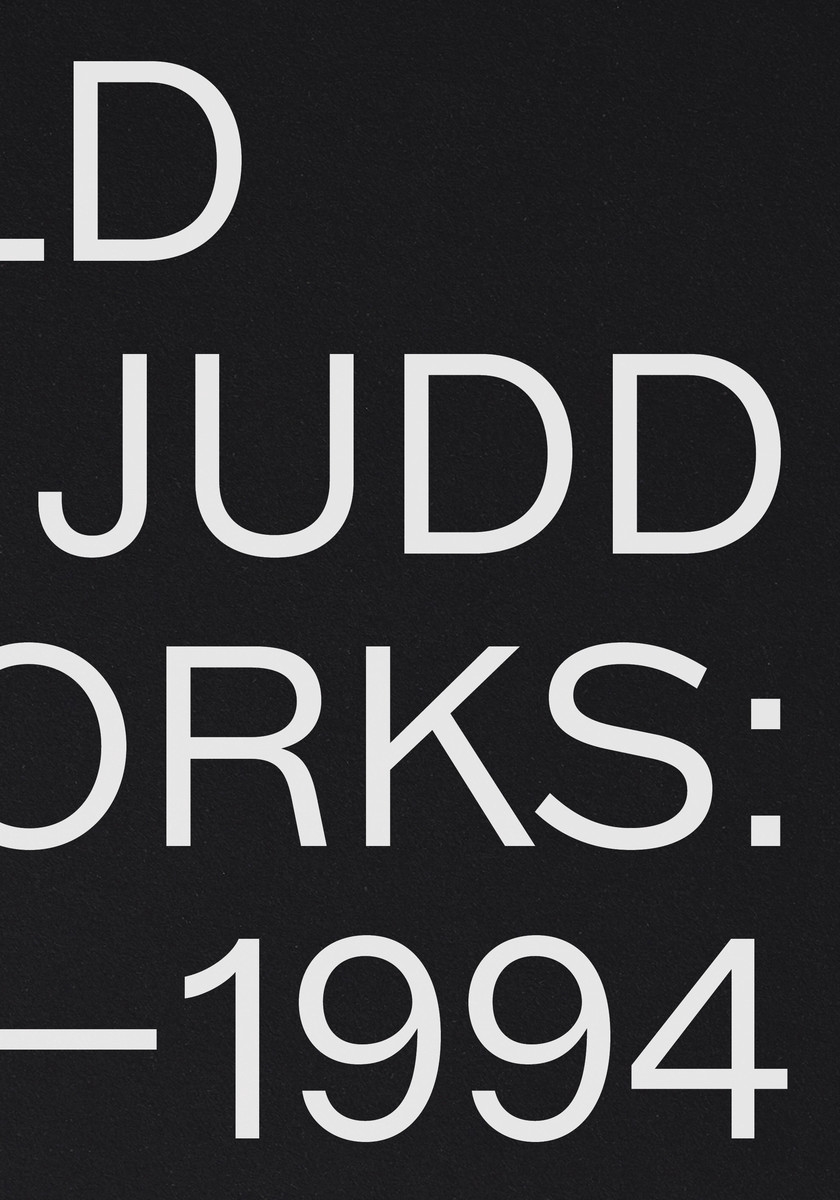
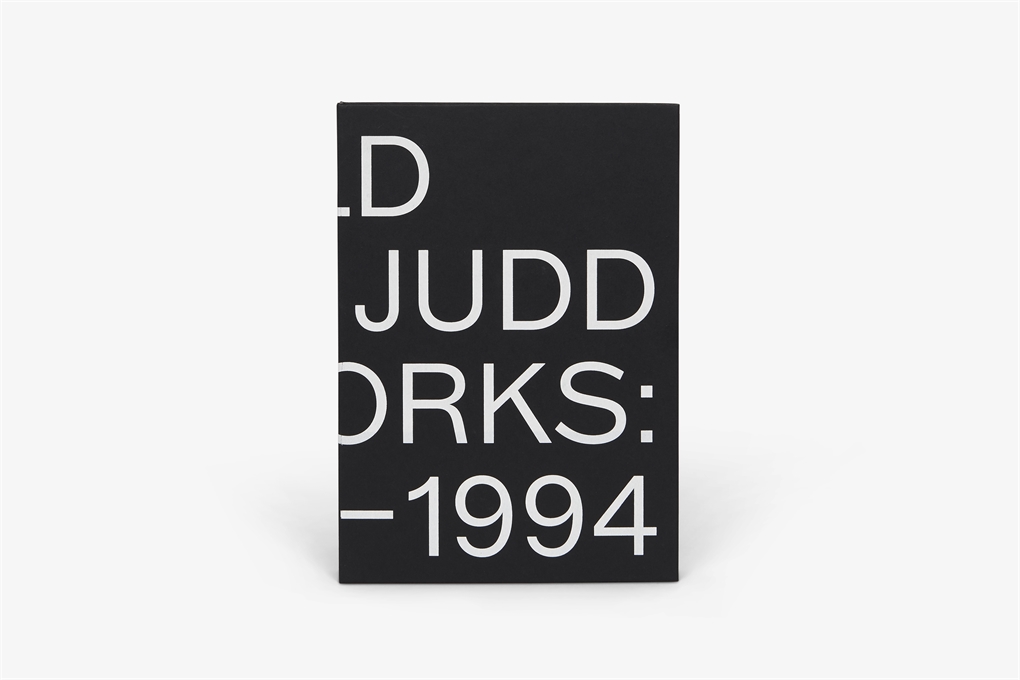
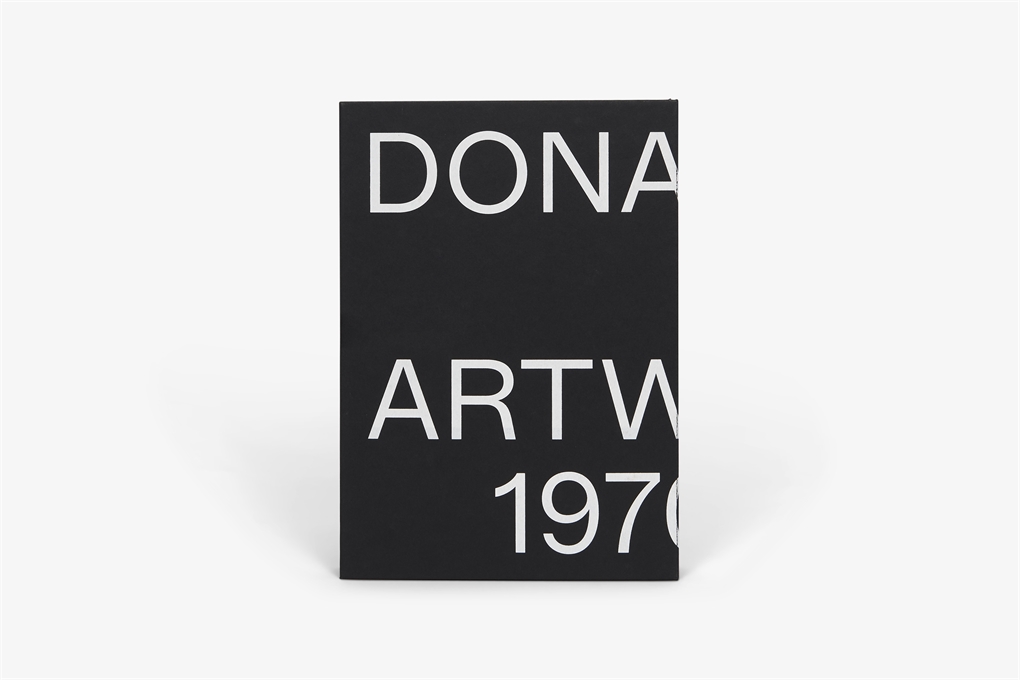
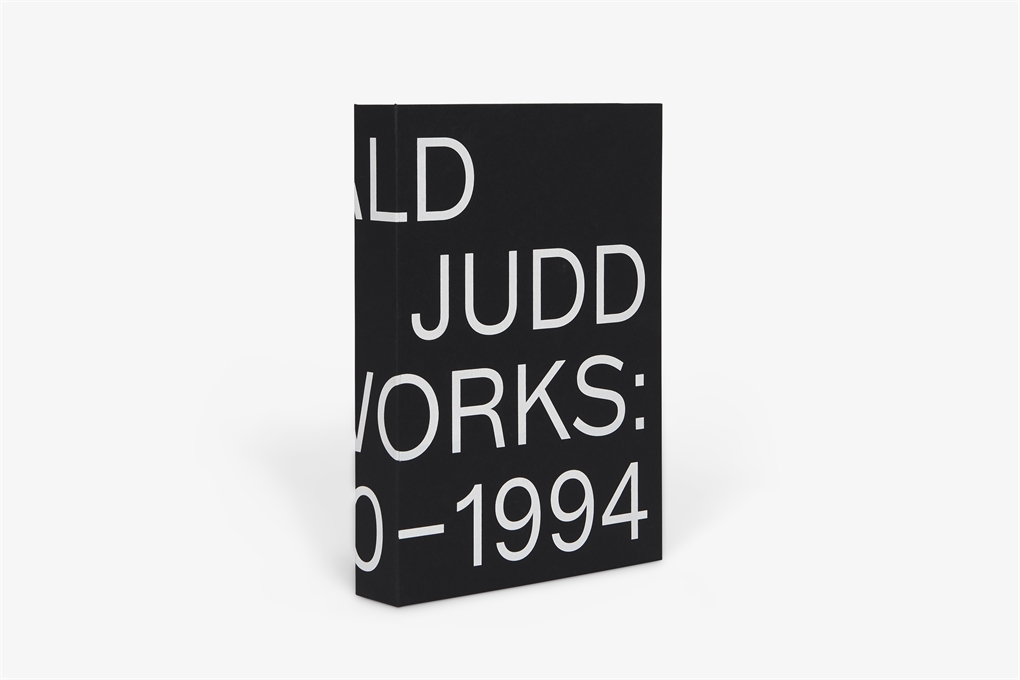
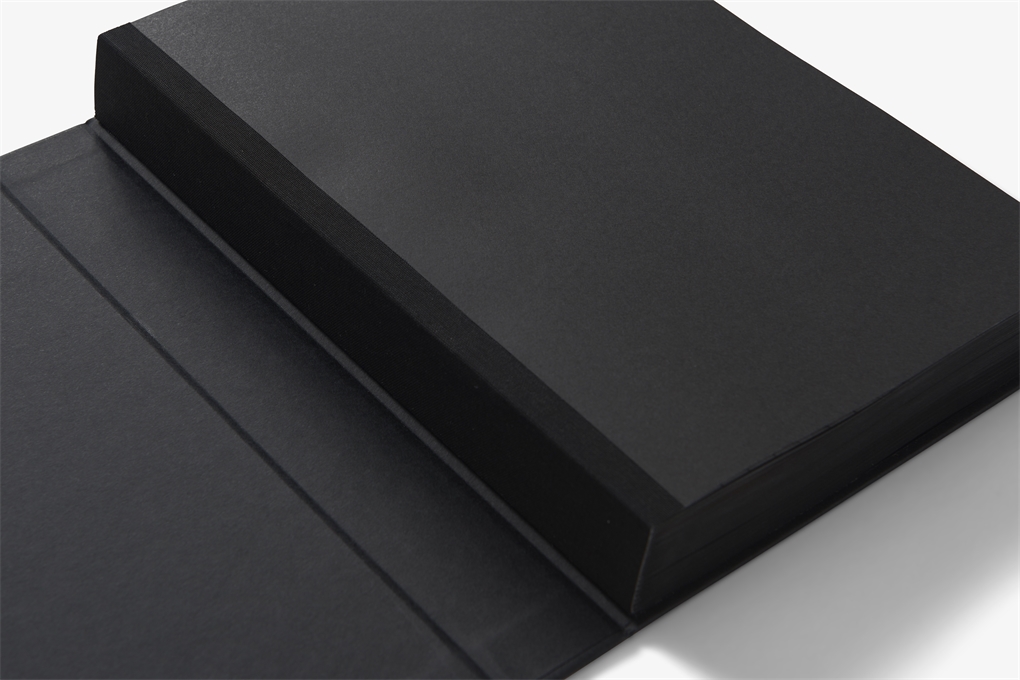
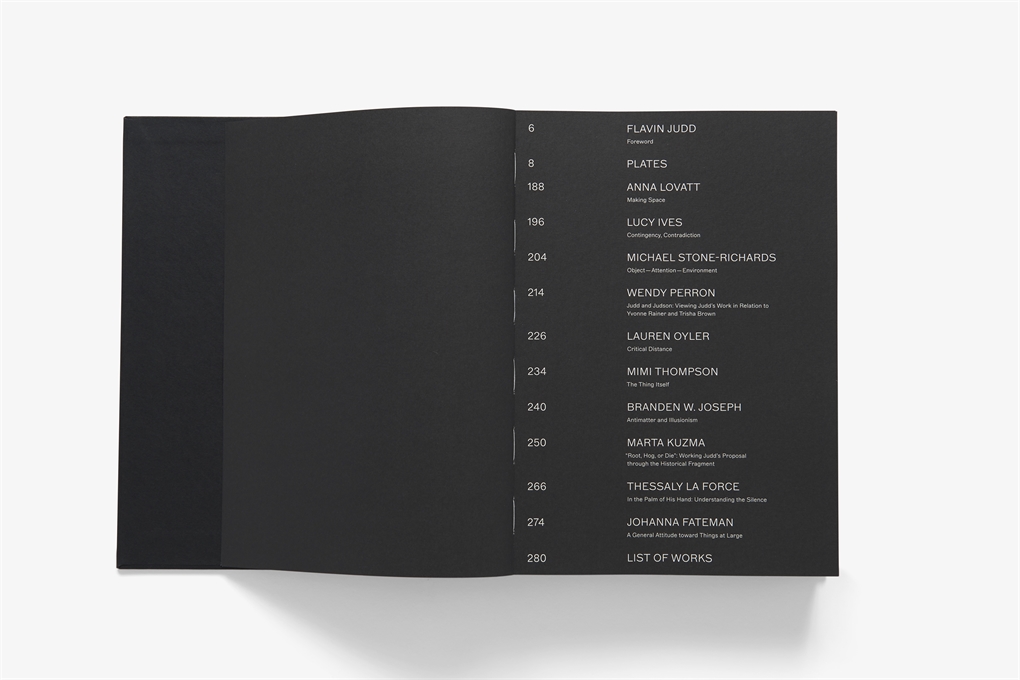
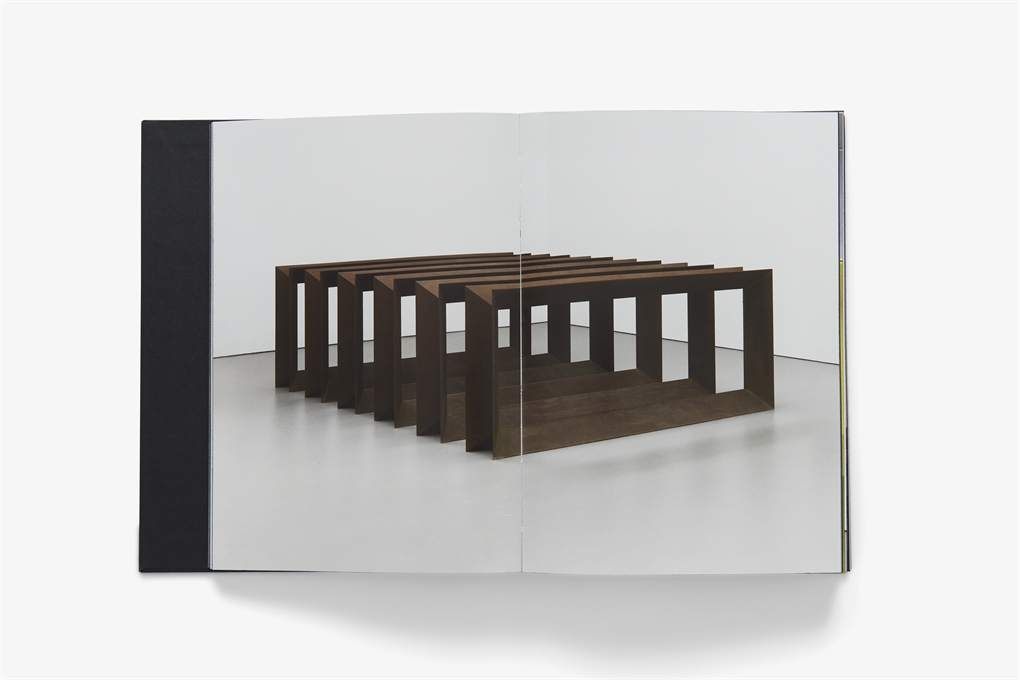
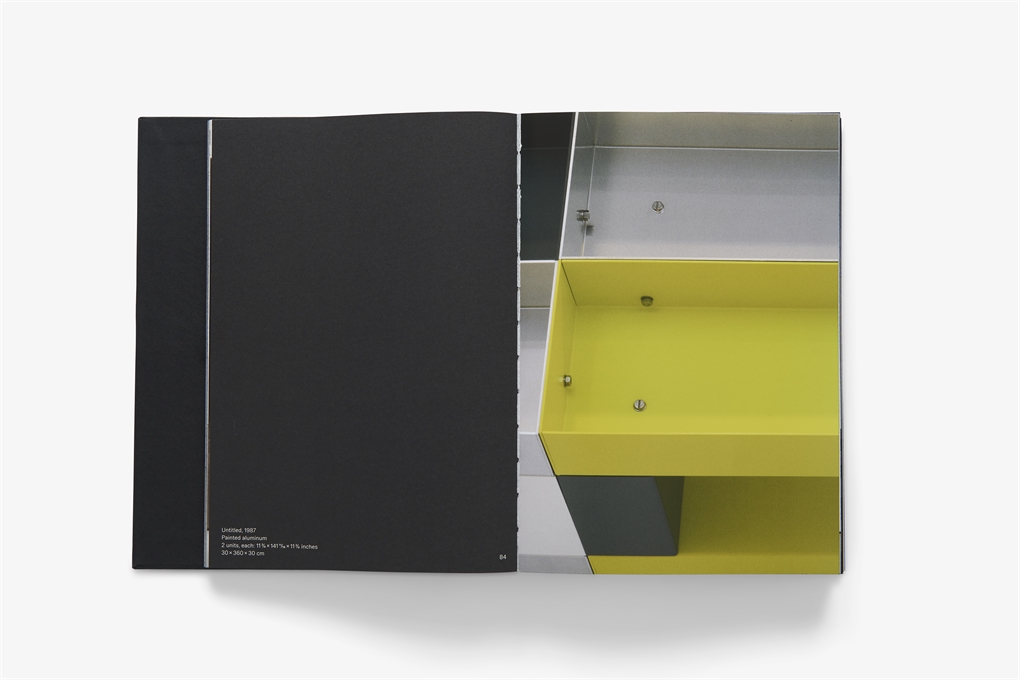
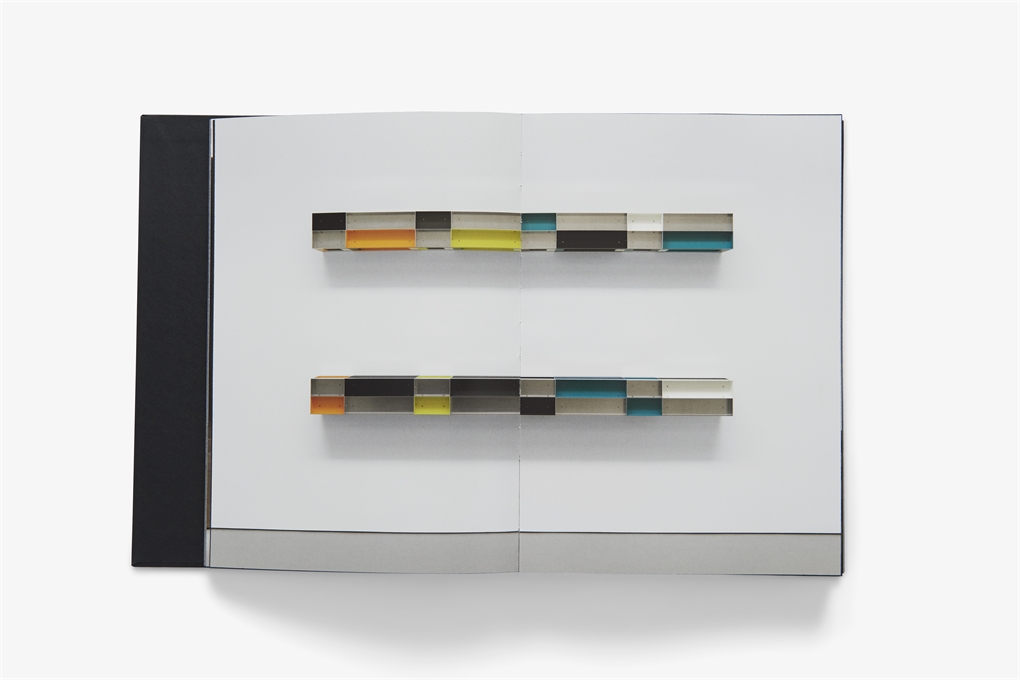
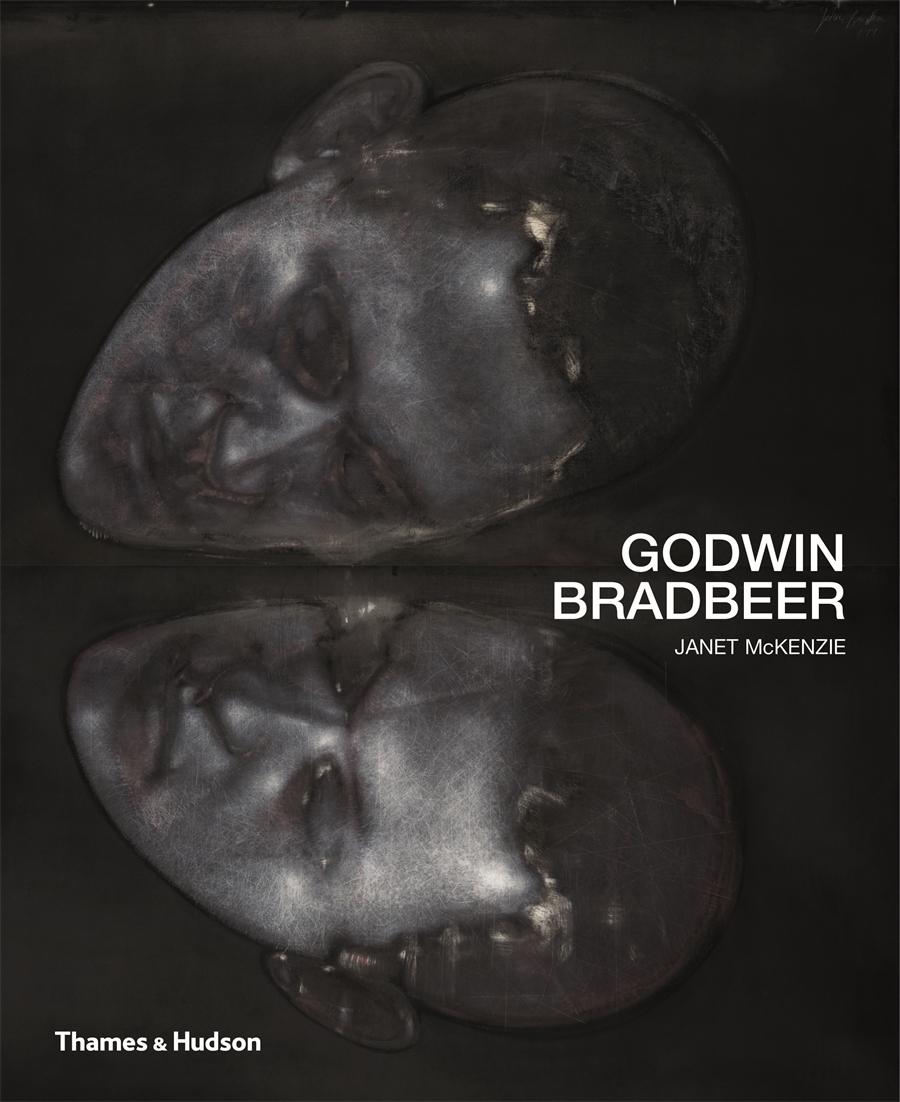
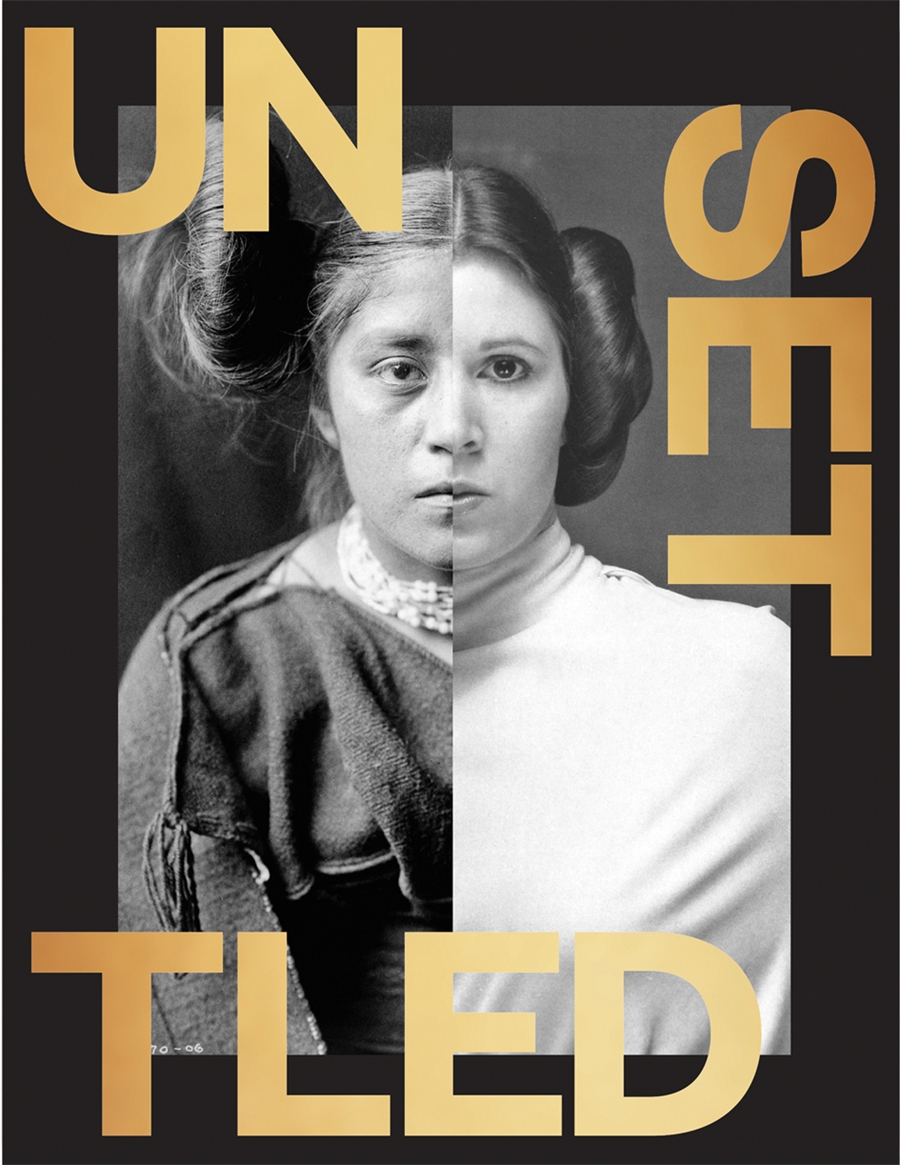
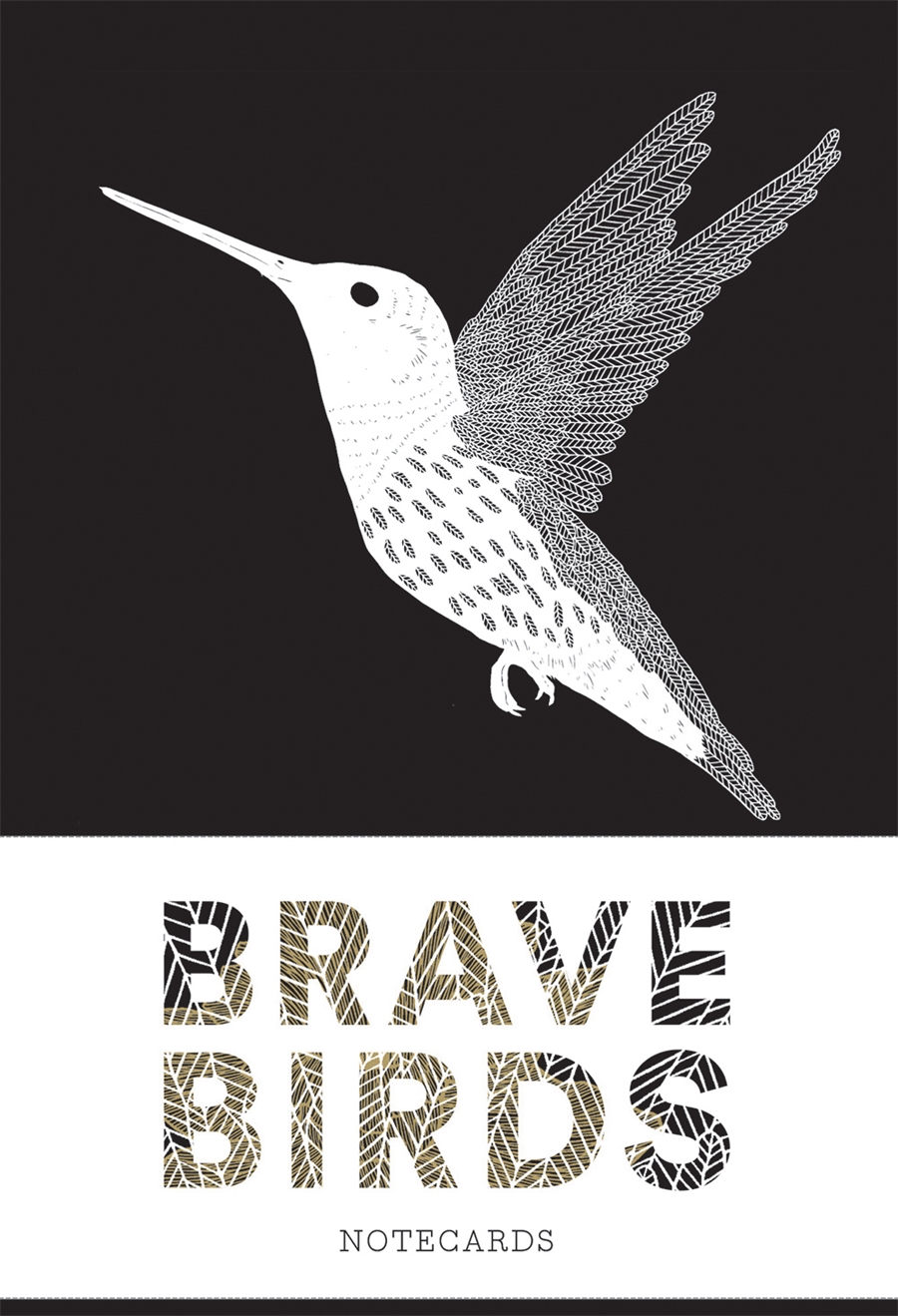
Reviews
There are no reviews yet.